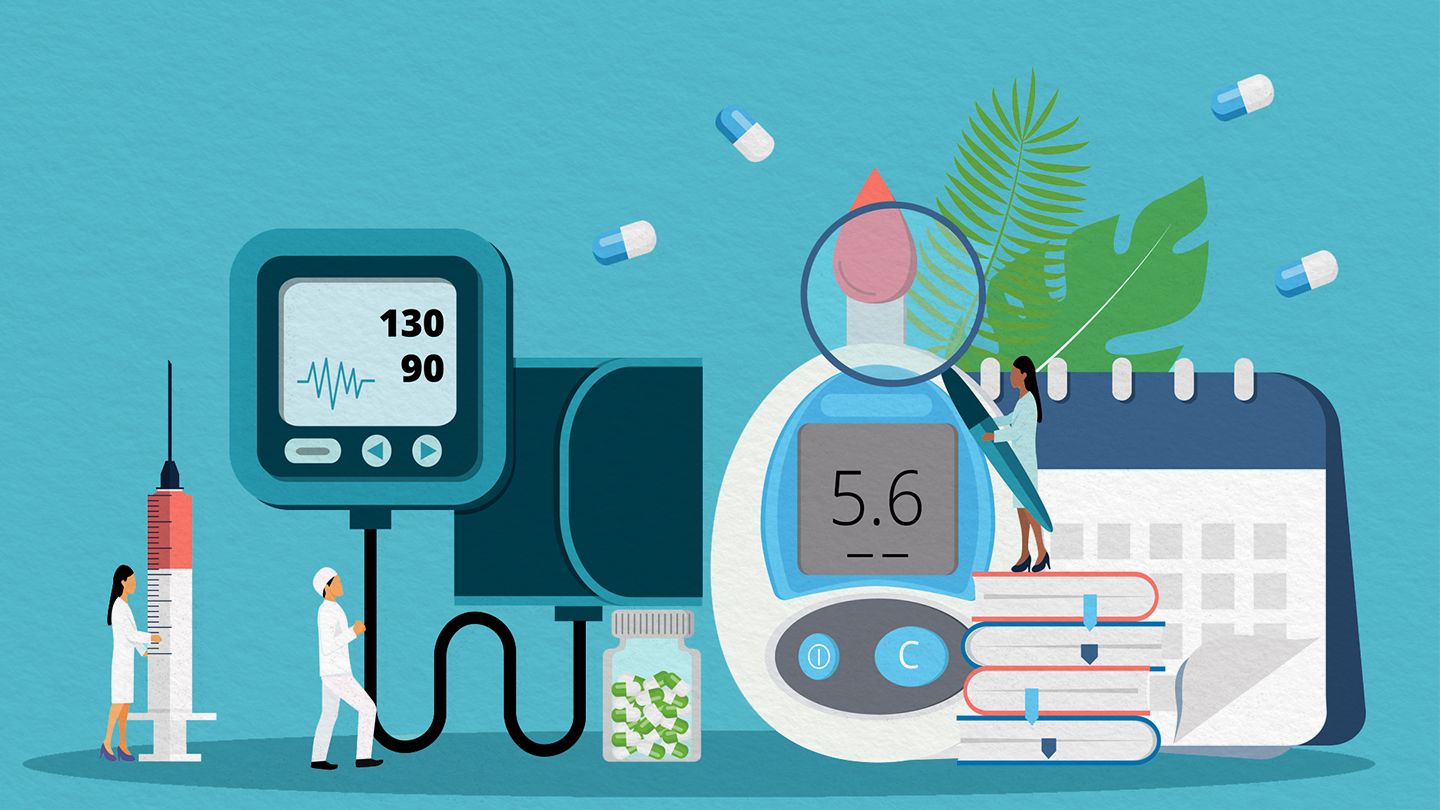Exploring the Latest Advancements in Diabetes Treatments
Diabetes, a chronic metabolic disorder characterized by elevated blood sugar levels, affects millions worldwide. Over the years, advancements in medical science have revolutionized diabetes management, providing new hope and improved quality of life for individuals living with the condition. In this article, we delve into the latest diabetes treatments, highlighting innovative approaches that are shaping the landscape of diabetes care.
1. Continuous Glucose Monitoring (CGM) Systems
One of the significant breakthroughs in diabetes management is the development of CGM systems. These devices continuously monitor glucose levels through a small sensor placed under the skin. The sensor transmits real-time data to a smartphone or dedicated device, allowing users to track trends and patterns. CGM systems enable more precise insulin dosing, reducing the risk of hypoglycemia and hyperglycemia. Some advanced systems even offer predictive alerts, empowering individuals to take proactive measures.
2. Closed-Loop Insulin Delivery (Artificial Pancreas)
The concept of an artificial pancreas has evolved into a reality with closed-loop insulin delivery systems. These systems combine CGM data with an insulin pump to automatically adjust insulin delivery based on blood sugar levels. The closed-loop system mimics the functioning of a healthy pancreas by providing the right amount of insulin when needed, reducing the burden of constant monitoring and manual adjustments.
3. SGLT-2 Inhibitors
Sodium-glucose cotransporter-2 (SGLT-2) inhibitors are a class of medications that work by reducing glucose reabsorption in the kidneys, leading to increased glucose excretion in urine. These inhibitors not only lower blood sugar levels but also offer cardiovascular benefits by reducing the risk of heart failure and improving kidney function. They are particularly beneficial for individuals with Type 2 diabetes who have cardiovascular issues.
4. GLP-1 Receptor Agonists
Glucagon-like peptide-1 (GLP-1) receptor agonists are injectable medications that stimulate insulin secretion, inhibit glucagon release, and slow down stomach emptying. They help regulate blood sugar levels and promote weight loss, making them a versatile option for Type 2 diabetes management. Newer formulations require less frequent injections, improving convenience and adherence.
Mastering Diabetes Management: Top Apps for Tracking Blood Sugar
5. Personalized Medicine and Genetic Insights
Advancements in genetics and personalized medicine are paving the way for tailored diabetes treatments. Genetic testing can identify specific gene variants that impact an individual’s response to medications and susceptibility to certain complications. This information assists healthcare providers in selecting the most effective treatment strategies and optimizing outcomes.
6. Beta Cell Restoration
Researchers are exploring innovative approaches to restore or regenerate insulin-producing beta cells in individuals with Type 1 diabetes. Stem cell therapies, immune-modulating medications, and transplantation techniques are being investigated to potentially reduce or eliminate the need for exogenous insulin.
The landscape of diabetes treatment is rapidly evolving, with innovative technologies and therapies offering newfound hope for effective management and improved quality of life. Continuous glucose monitoring systems, closed-loop insulin delivery, novel drug classes like SGLT-2 inhibitors and GLP-1 receptor agonists, personalized medicine, and advancements in beta cell restoration are shaping the future of diabetes care. Staying informed about these latest treatments empowers individuals and healthcare professionals to make informed decisions, ensuring optimal health outcomes for those living with diabetes.













